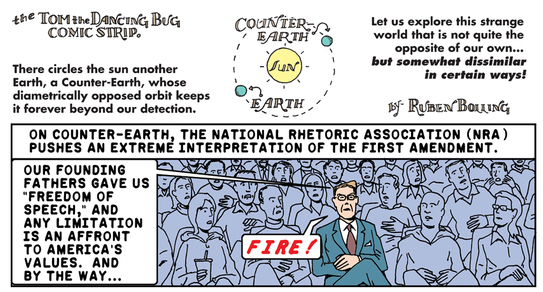High-entropy speech recognition, automatic and otherwise
Regular readers of LL know that I've always been a partisan of automatic speech recognition technology, defending it against unfair attacks on its performance, as in the case of "ASR Elevator" (11/14/2010). But Chin-Hui Lee recently showed me the results of an interesting little experiment that he did with his student I-Fan Chen, which suggests a fair (or at least plausible) critique of the currently-dominant ASR paradigm. His interpretation, as I understand it, is that ASR technology has taken a wrong turn, or more precisely, has failed to explore adequately some important paths that it bypassed on the way to its current success.
Read the rest of this entry »



